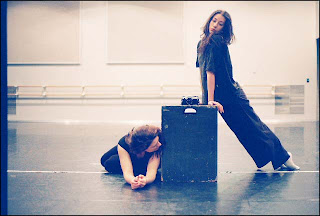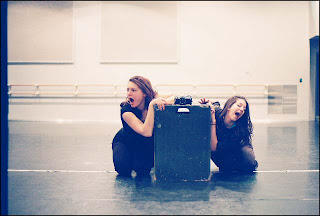Natural CyclesSo, I’m sitting on sagging lumber, hoping to not
get stuck by the random rusty nail, thinking about
all those great poets who received inspiration from ruins -
Wordsworth & Tintern Abbey, Frost & the forty cellar holes,
The never abandoned lines, look upon me and
Despair, from ashes comes renewal, and find myself
Totally unmoved by those sentiments.
What to do after making the best
Of what is still around? Rage to what purpose?
Slow decline numbs some, confuses others.
I sit on a shore land grabbers actively seek, where
Boats once stayed in the winter. I think of the hard
Labor needed to bring the materials here, and then construct
This large boathouse, and the shame of the waste through disuse.
There is no more need for this boathouse, just as there
Is no more need for the pained expressions of loss when
Nature retrieves. Moose forage nearby, I hear the call of
The loon. The land grabbers and their
bulldozers blast and bumble over the hill.
{Jon Mathewson}









